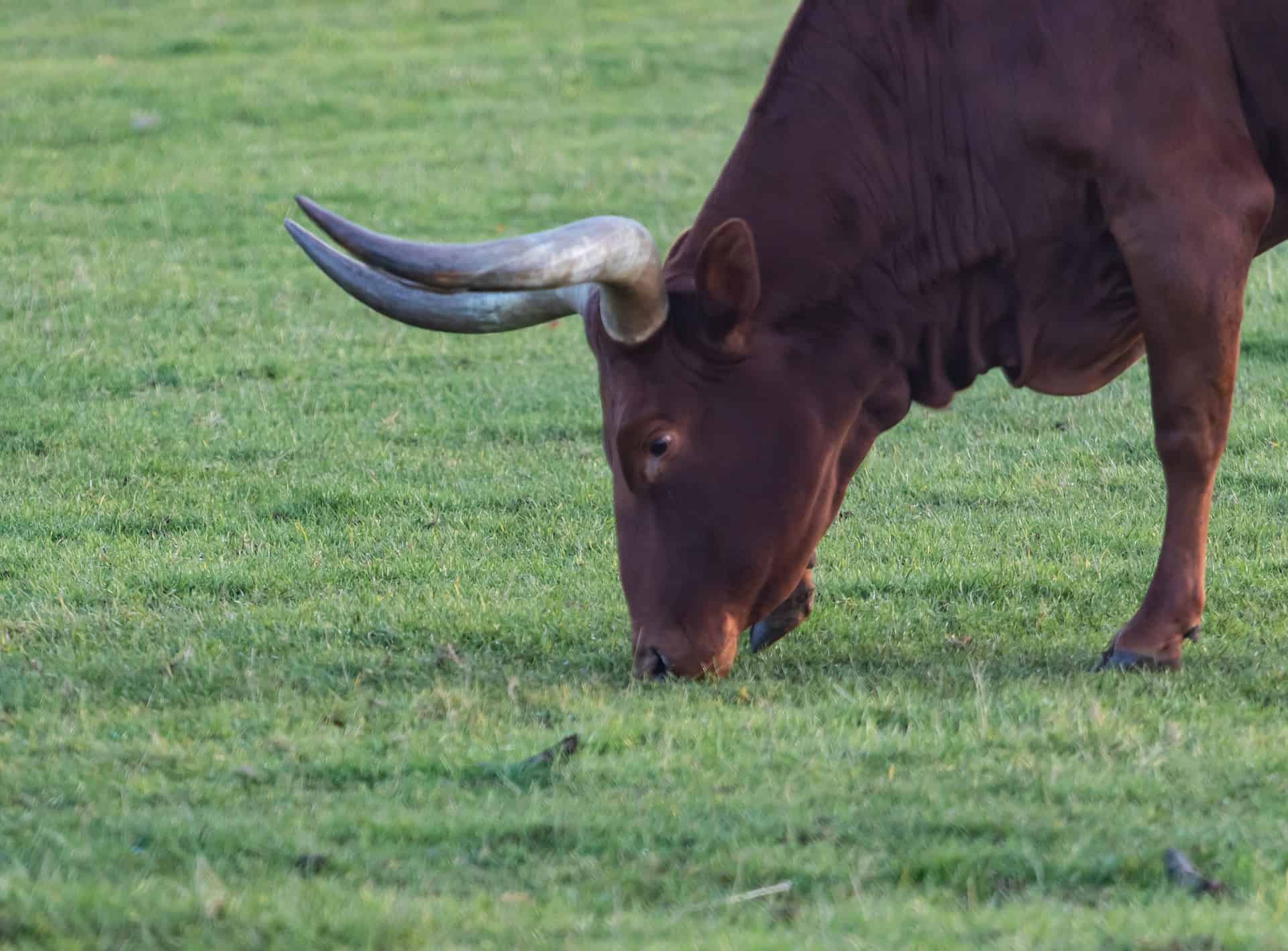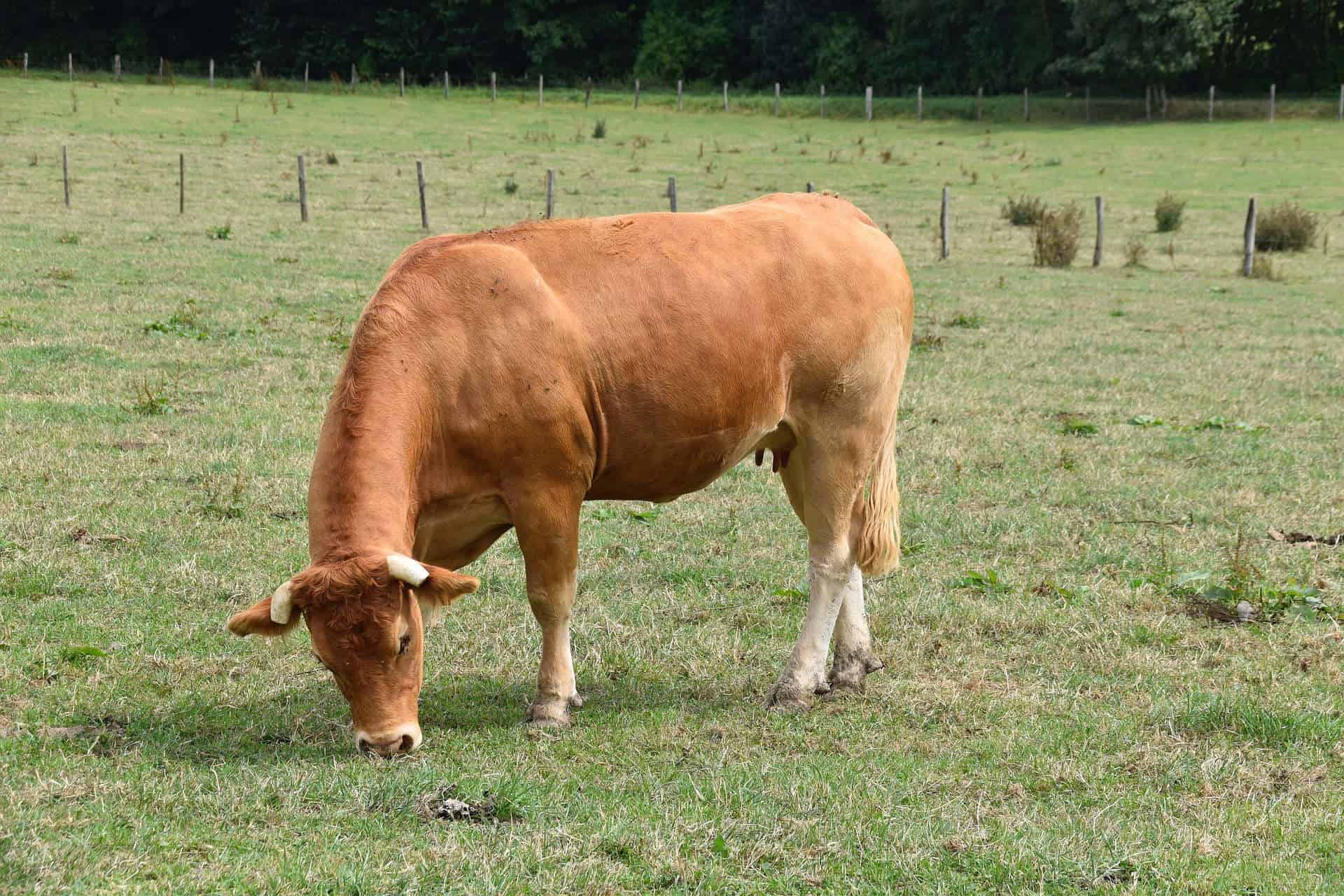Innovating for Sustainable Animal Nutrition
At EnhancedExchange, we understand that optimizing livestock feed is more than a process – it’s a commitment to sustainable excellence. Our approach to livestock feed optimization is driven by the urgent need for sustainable and efficient animal nutrition solutions. In a world where demand grows each day, we are at the forefront of developing and implementing innovative feeding strategies.
Cost-Effective and Nutrient-Rich Feed Solutions

The journey towards optimal livestock nutrition begins with understanding the significant cost implications of feedstuffs and fodder. At EnhancedExchange, we recognize that traditional meadows and pastures are no longer sufficient to meet the escalating needs of the livestock sector. Our strategy addresses the challenges posed by varying quality and scarcity of available feeds, nutrient imbalances in natural pastures, and the limitations of commercial feed concentrates.
Combating Challenges with Advanced Techniques

The task of feeding livestock is compounded by rapid population growth, urbanization, and climate change impacts. EnhancedExchange is dedicated to transforming these challenges into opportunities. We leverage state-of-the-art technologies to optimize livestock food resources and feeding practices, ensuring that our solutions are not just for today but also for the future demands of animal-origin food production.
Moreover, coupled with solutions for implementation that helps curb the spread of diseases that can be devastating to the animals while taking most of the stress out of the process, for man and beast. EnhancedExchange approach is one of scientific and practical foresight with the balance of components, sustainability, compliance, policies, and practices, thereby often adjusting procedures to ensure better compliance and effect. In addition to core components, consideration is given to antimicrobial resistance (AMR), which is a substantive topic of growing global concern. Namely, AMR in human pathogens is forecast to cause an increasing number of deaths, to begin with tackling antimicrobial resistance (AMR) has been established in close collaboration between the authorities, industry, and scientists as a multi-part priority for solutions. Indeed, new initiatives or legislation are discussed among stakeholders accompanied by rising costs in healthcare.
Proportionately, cost-effective broad solutions are sought, determined, and developed. Subsequent use of microbicides in animals and humans leads to resistance selection; withal, from an individual perspective, the tight connection between environment, food, animals, and the people requires clamant actions over sectors for more accurate and reduced results in use in both humans and animals. Regularly, EnhancedExchange, in many ways, has laid out a plan to follow with a policy of investing in strategies for infection prevention in improving hygiene and nutrition, introducing improved housing facilities. Every step taken has a purpose as EnhancedExchange strategy determination analysis is based on continuous review and feedback to our operators for ongoing monitoring and accountability as a driver for change. We limit the use of antimicrobials, specific antibiotics in animals while addressing antimicrobial resistance to tackle the unsustainable overuse of antibiotics.
Consequently, we are developing options for intervention through a system of surveillance and collation of data from feed mills to veterinary practitioner prescriptions. Ordinarily, our involvement results are making a difference in characterizing sites for intervention, diagnosing weaknesses, reiterating the relationship between the farmers and the veterinary services while implementing changes in behavior for a more significant impact. Moreover, we are at the forefront of engagement; we know the science, further our participation levels are formative as changes occur within the production of our designer food products™, which reflect our progress, accordingly, to collaborate continuously as new information becomes available. Examples abound, such as findings concerning livestock-associated methicillin-resistant Staphylococcus aureus (LA-MRSA) and how-to constraint its occurrence through risk assessments for policymaking, stakeholder engagement public discourse, and science.
Sustainable Meat Consumption and Environmental Impact

Our focus extends to the environmental footprint of livestock production. We advocate for a balanced approach to ruminant meat consumption, recognizing its essential role in diets worldwide while also acknowledging the need to mitigate environmental impacts. Our strategies aim to align consumption patterns globally, reducing excess in developed regions while increasing accessibility in developing areas.
The members of EnhancedExchange advisory board help ensure that our work is fact-based, data-driven, and customer-focused.
Maximizing Feed and Land Resources

Understanding the inefficiency of biomass as an energy source, EnhancedExchange is committed to phasing out competing uses of agricultural land for biofuel production, thereby narrowing the food, land, and greenhouse gas (GHG) mitigation gaps. We emphasize improving pasture productivity as a critical solution, given the projected 70% growth in demand for animal-based foods by 2050 and the extensive use of pastureland in agriculture.
Our cow’s data traits are highly valuable for identifying individual animals and making objective decisions about animals that should be kept in the herd
Advancing Crop Yields Through Innovation

Our approach also encompasses crop yield improvement. We integrate conventional breeding with advanced molecular biology techniques to expedite genetic mapping and trait testing. Addressing soil degradation, particularly in drylands, is another cornerstone of our strategy. We advocate for innovative soil and water management practices, including agroforestry, to regenerate land and enhance yields.
Animal Health and Performance Management

EnhancedExchange collaborates globally to develop and promote science-based standards for safe and sustainable food production. Our efforts are geared towards minimizing the spread of plant pests and diseases, ensuring food safety, and advancing science-based trade systems. We tackle challenges head-on, using modern technology to manage diseases effectively and sustainably.
Antimicrobial Resistance and Responsible Use

Addressing antimicrobial resistance (AMR) is a critical aspect of our strategy. EnhancedExchange is actively involved in developing broad, cost-effective solutions to manage AMR in both animals and humans. Our approach includes investing in infection prevention strategies, improving hygiene and nutrition, and introducing enhanced housing facilities for livestock.
Animal Nutrition and Welfare

EnhancedExchange is committed to advancing animal nutrition and welfare. We focus on creating conditions that allow animals to express their natural behaviors, reducing the need for interventions. Our adherence to community animal care ordinances and the “five freedoms” ensures that our animals receive the best care possible, aligning with ethical, economic, cultural, and social considerations.
Red Meat Production & Quality Enhancement

Our efforts in beef and dairy production are geared towards developing systems that cater to targeted global markets. We recognize the dual role of dairy breeds in producing both milk and high-quality beef. EnhancedExchange is pioneering production system elements to enhance beef quality from dairy cows while addressing environmental stress factors and production efficiency.
Leveraging Technology for Livestock Nutrition and Health

EnhancedExchange is at the forefront of employing emerging technologies to revolutionize livestock nutrition, animal health, forage, and crop enhancement. We embrace digitization and AI to improve supply chain visibility, reduce risks, and respond effectively to disruptions. Our commitment to innovation ensures that we stay ahead in creating sustainable food production systems and building consumer trust.
